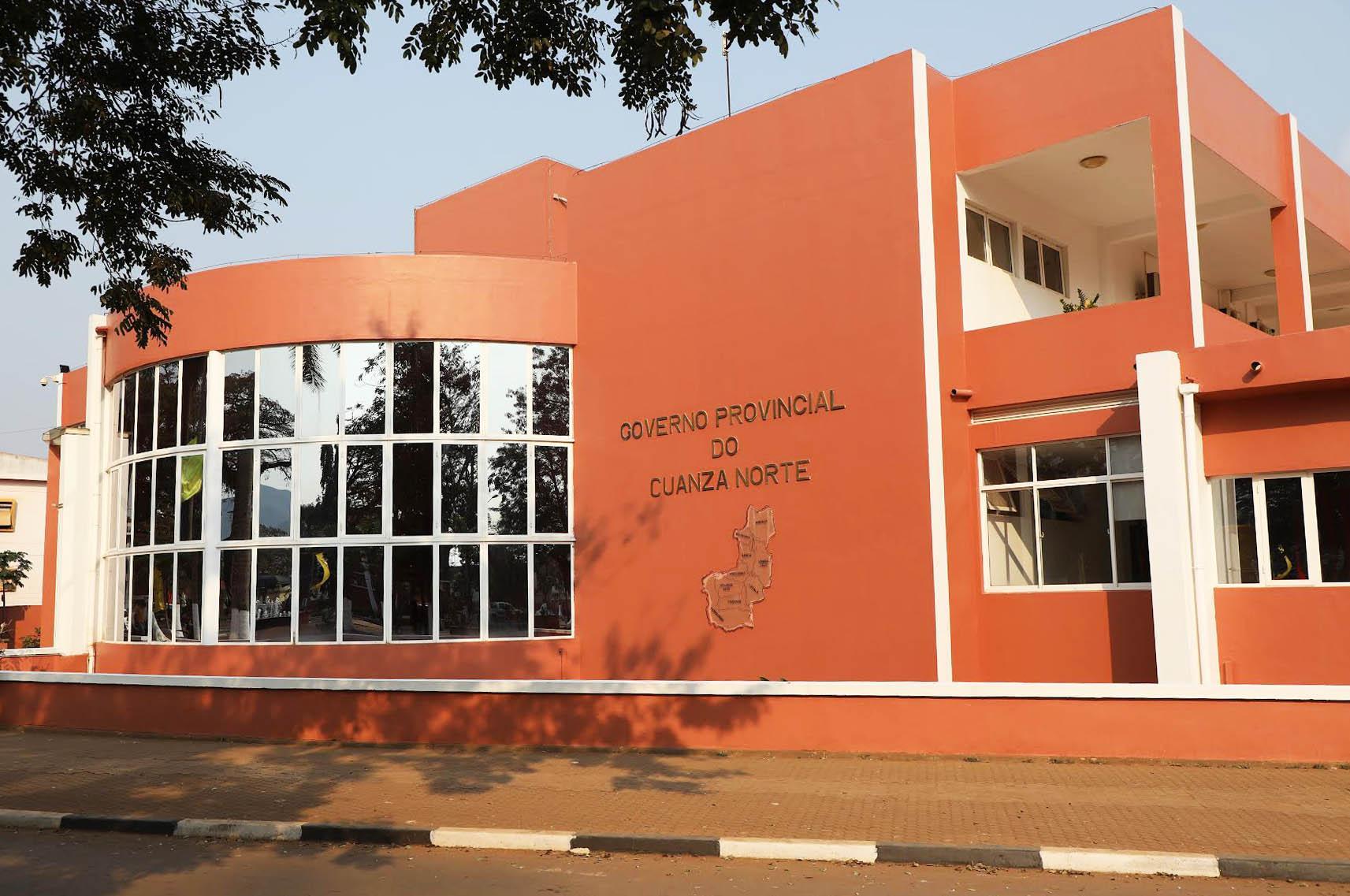Africa-Press – Angola. The Long Term Strategy (Angola 2050) foresees an accumulated investment of US$21,180 million for the province of Cuanza Norte.
The document, presented and submitted Thursday for consultation and public consultation, will focus on the private sector, as a vector of economic development.
The focus, according to the Secretary of State for Planning, Milton dos Santos Reis, who presided over the act, is the increase in private foreign direct investment.
It is expected that by 2050, the Gross Domestic Product in the province will grow from USD 1,506 million to USD 6,769 million.
The GDP per capita will also double from 2 thousand and 715 million, to 6 thousand and 67 million.
The strategy also foresees the doubling of the number of jobs from 228 thousand and 857 to 525 thousand and 217.
The Education and Health sectors also show positive prospects.
According to the data presented, the number of doctors and nurses in Cuanza Norte will increase from 1,558 to 3,570 and that of teachers will increase from 3,3758 to 12,008.
It is also projected to increase the demographic index from 554,749 to over one million inhabitants.
The Long-Term Strategy – Angola 2050 is a bifocal plan, with a clear vision of what is intended for the country in the future, but clearly and decisively articulating the short-term initiatives that ensure the right direction.
The document is based on five pillars – Society that values and enhances its human capital; Modern and competitive infrastructures; Diverse and prosperous economy; Resilient and sustainable ecosystem and fair nation with equal opportunities.
The public consultation and consultation of the project, available on the Ministry of Economy and Planning website, runs until the 15th of July.
The meeting was attended by members of the Provincial Government, traditional and ecclesiastical authorities, as well as representatives of civil society.
For More News And Analysis About Angola Follow Africa-Press






